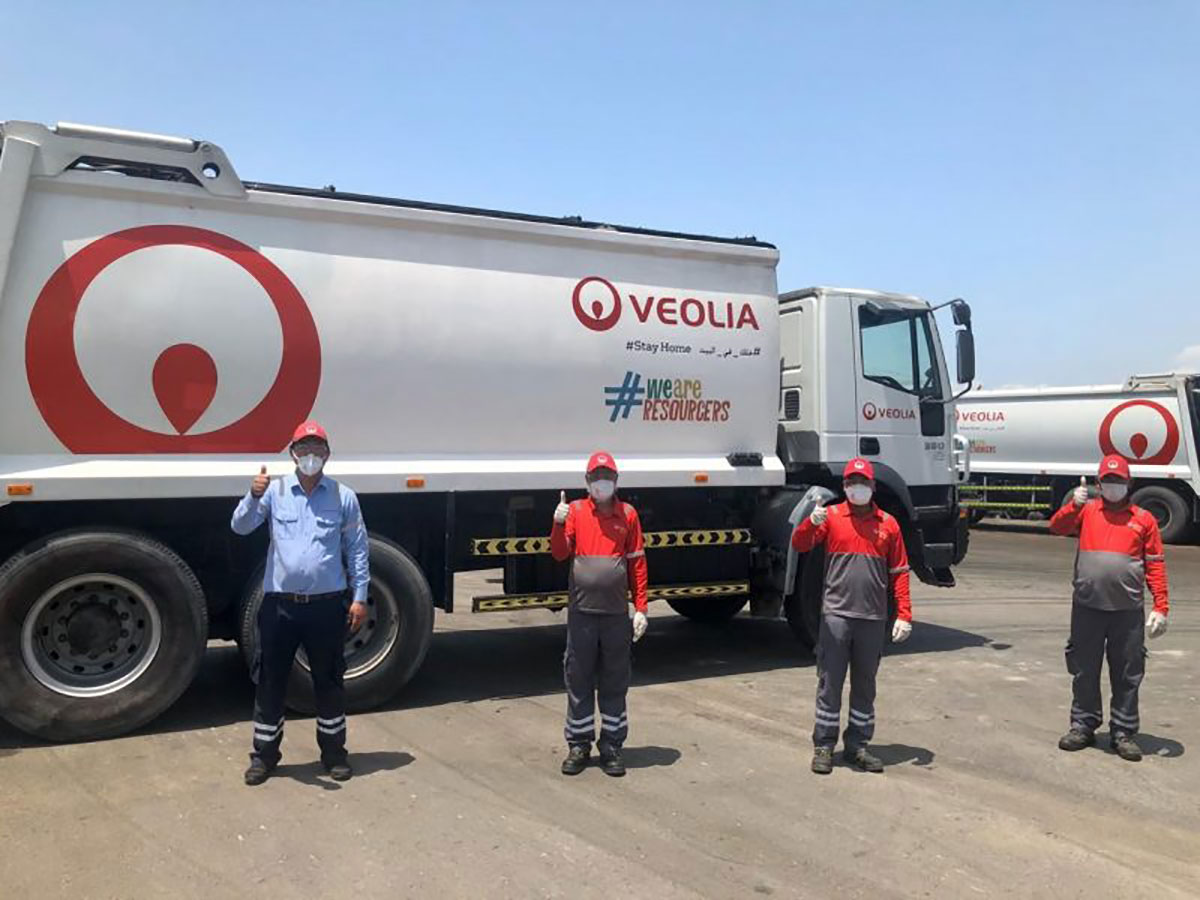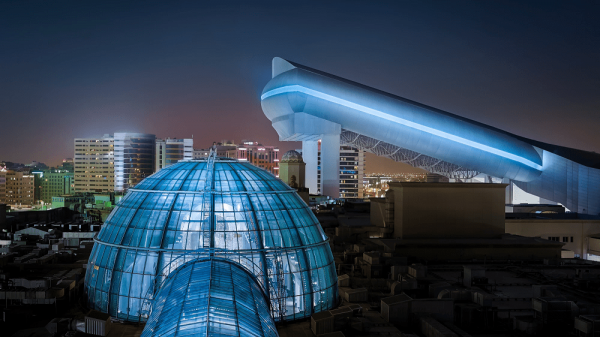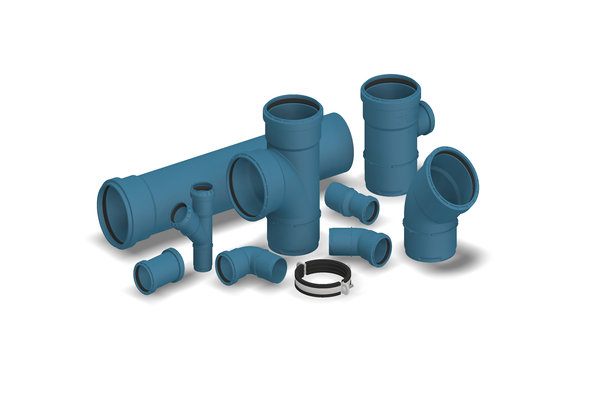Veolia is Fully Mobilised
Earth Day

April 22, 2020, 7:15 am
Given the unprecedented health crisis the world is currently facing, Veolia is fully mobilised to safeguard the continuity of essential services, while also protecting the health of its employees, the Group’s two absolute priorities.
Since the beginning of the crisis, Veolia has put in place business continuity plans that focus primarily on producing and supplying drinking water and treating wastewater, preserving waste collection operation, safeguarding energy management activities in cooling networks, performing industrial on-site services to ensure industrial continue to operate and upholding its activities processing hazardous waste, which is vital to maintaining key industrial operations.
In the UAE, 1000 men and women of Veolia, who are highly experienced in managing crisis, draw on the Group’s solid organisation and tried and tested methods to carry out their duties, even in the most difficult and critical conditions.
Supplying drinking water without interruption
In order to maintain the quality and availability of its services, Veolia has activated a business continuity plan to protect its operations for its desalination plant in Fujairah. Veolia teams continue to guarantee the supply of perfect quality drinking water in sufficient quantities, in all circumstances. To make this possible, Veolia has organised its operational and support services to continuously maintain the level of staffing required to keep its activity ticking over
Tap water is perfectly suitable for drinking. The water supplied has systematically undergone various stages of treatment, including disinfection, which is designed to eliminate all viruses, as well as the coronavirus. The World Health Organization (WHO) has confirmed that the virus has not displayed any resistance to the standard treatment applied to drinking water.
Protecting the environment by treating wastewater
Each day, Veolia employees are working hard to keep communities safe and continue providing essential services and to safeguard continuity in public water services, which also covers wastewater treatment as cleaning wastewater is essential to uphold public hygiene and protect the environment. Veolia teams have put in place resilient organisation in order to ensure the continuity of operation of its wastewater treatment plants of Ajman, Abu-Dhabi and Al Ain.
While important in everyday life, it is imperative in a time of crisis that people remember some items cannot be flushed down the toilet. Waste items such as disinfectant wipes, tissues and all paper other than toilet paper, dental floss, cat litter, medication, cooking fat and even nappies are found in wastewater, even though they should be thrown in the bin. These items clog up pipes in homes and wastewater treatment facilities. Some users seem to ignore the severity of the environmental and financial consequences of disposing of waste in this way, which pollutes natural environments and creates an imbalance in the ecosystem.
When people do the right thing and throw away their waste properly, it is a sign of respect and support for the operatives working each day on the ground, combating the pandemic and maintaining good standards of household hygiene to guarantee health security. It is important to try and help the heroes on the ground and allow them to concentrate on the job they are there to do.
Managing waste to maintain public hygiene standards and support industry
With the support of public authorities, Veolia has put in place business continuity plans for all its various waste management activities, which aim primarily to maintain waste collection through specific plans and protect waste processing operations and facilities in Abu Dhabi. 340 of Veolia’s employees are mobilised to handle waste in the safest and most efficient manner to the satisfaction of its customers.
Veolia is doing everything it can to protect the safety of its employees, especially those in the field who are currently the most at risk. Veolia is focusing even more actively on safety during these unprecedented times. Its employees strictly comply with the protective measures, health regulations, social distancing rules and professional risk prevention measures that are already in place within the Group. Veolia also provides employees on the ground with the protective equipment required and disinfects the cabins of waste collection trucks at the end of every shift.
To respect its operatives who are working on the ground each day to uphold this public service, communities should all adopt the right behavior:
• Household waste should be thrown away in closed bags in the right bin to minimise handling
• Tissues, masks, disinfectant wipes and all-purpose kitchen rolls should be thrown away in closed bags with other household waste
• Recycling bins should be used for recycling waste only
Handling emergencies as a priority 24/7 with our experts on the ground
Veolia employees who can carry out duties remotely using digital technology are currently working from home. Where people have to be present on the ground, in particular for certain tasks that are essential in maintaining service continuity, Veolia Middle East has modified shifts in order to reduce risk exposure and secure procurement of essentials consumables and spare-parts for the coming month.
On the ground, technicians and on-call teams have also been laid up to work in rotation. Interventions have been prioritised and the teams are concentrating on priority duties, including treating, producing and distributing drinking water, undertaking repair work on major leaks and handling emergency call outs.
“Veolia’s mission is to provide services that are essential in day-to-day life, like supplying drinking water, treating wastewater, processing waste and providing energy services. During this challenging time, our responsibility is even greater as needs are more pressing. Our operatives are fully mobilised to continue serving the country and with the help of digital, Veolia operations are more resilient. Day in, day out, these everyday heroes are on the ground so others can stay at home”, said Sébastien Chauvin, CEO of Veolia Middle East.










